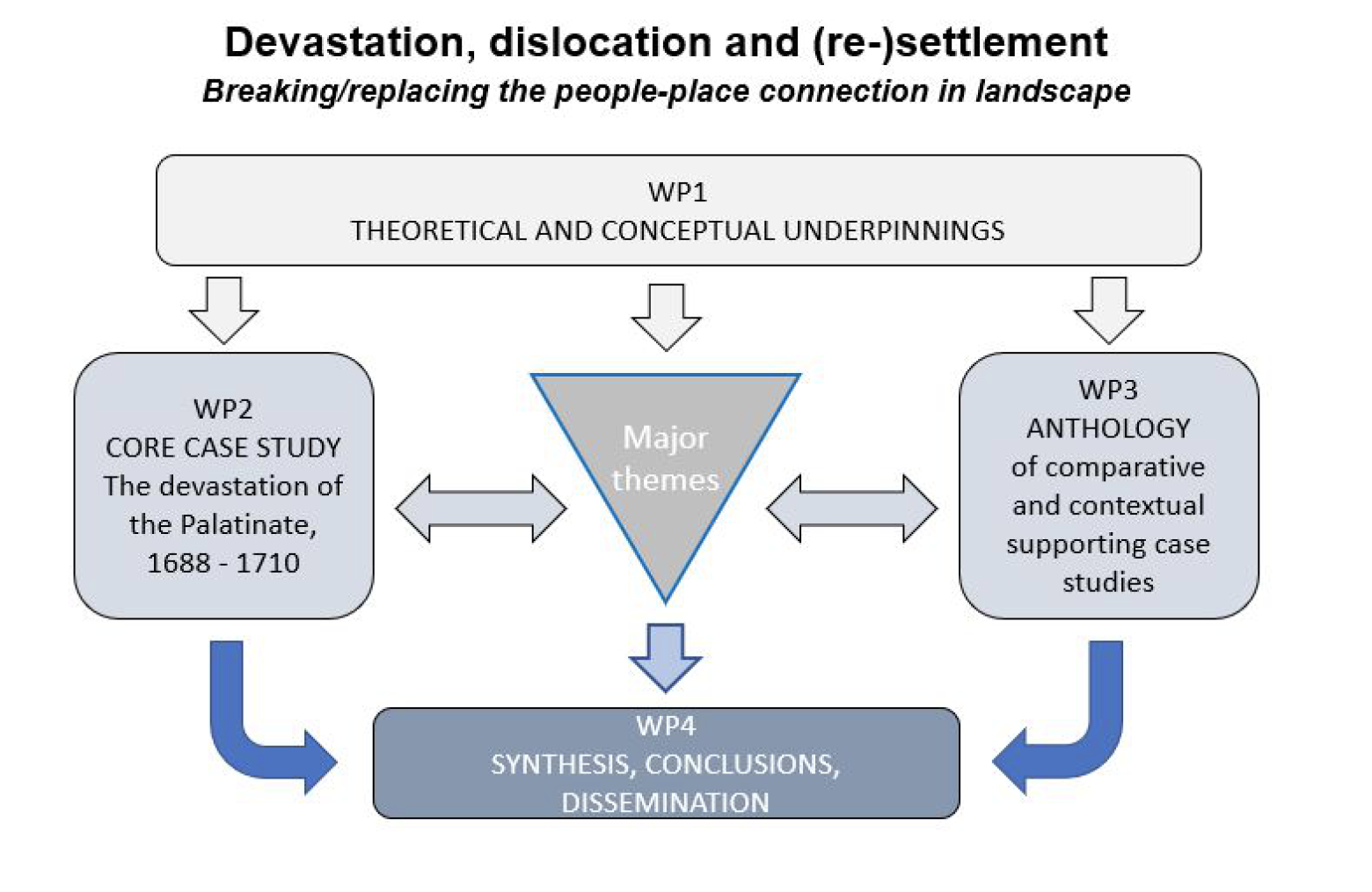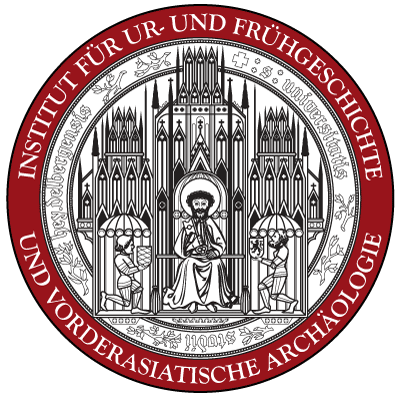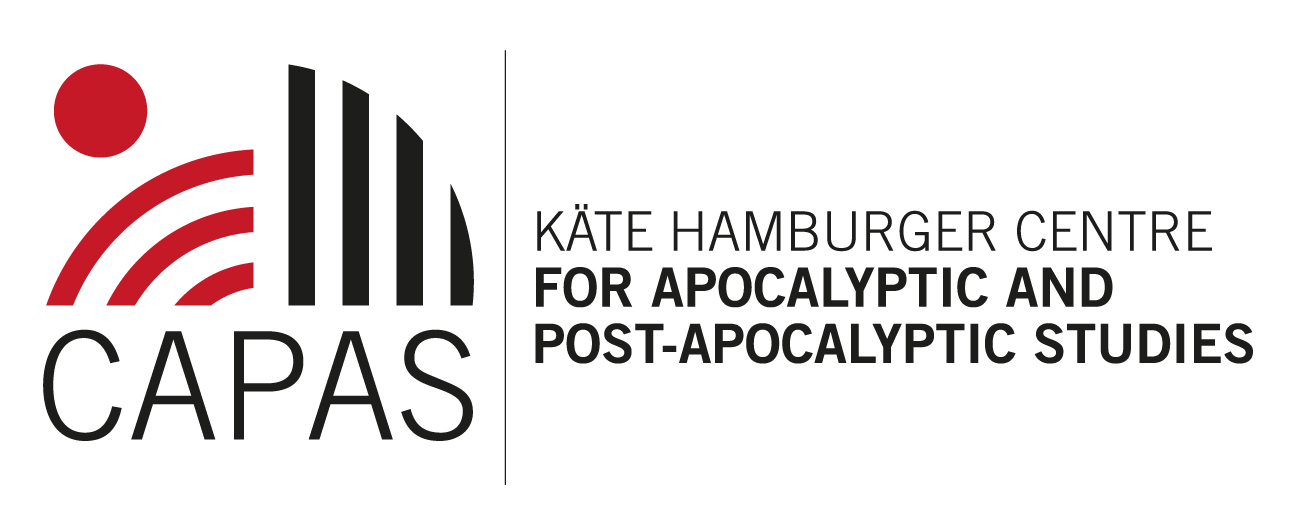Work Packages
 WP1: Theoretical and conceptual underpinnings
WP1: Theoretical and conceptual underpinnings
We will bring together at the outset of the project the team’s researchers from Germany and Britain in order to compare, contrast and exchange different intellectual and cultural standpoints and approaches to landscape-led historical and sociological research. Work will then proceed from a common foundation to develop further, and elaborate, the overall concept of landscape set out above in relation to the overall themes of devastation and recovery. It will use a critical review of the published literature across humanities and social science disciplines concerned with the theory of landscape and destruction to identify the most successful past research methods and to define new research avenues, specifically those based on spatial approaches to the humanities and on landscape approaches to understanding the past and its connections and relevance to the future.
WP2: The devastation of the Palatinate: 1688-1710
The chosen case study centres around the devastation of the Palatinate by French armies between 1688 and 1710 which helped to trigger one of Britain’s episodic involvements in continental affairs, an event with resonance to both our countries. In the Palatinate of those years there was an almost permanent, inter-generational experience of being victims of war, destruction, displacement and poverty and of the difficulty of recovery. Our focus on the devastation and dislocation that took place in those years will demonstrate how essentially the same communities faced several apocalyptic events within one generation and recovered in two different settings ("at home" and "abroad"). In terms of landscape and identity this case study offers four scenarios:
- a former population re-settling their devastated agrarian landscape of the Palatinate
- immigrants re-settling a new, but devastated agrarian landscape of the Palatinate
- emigrant Palatines re-localising in the agrarian landscape of Ireland
- emigrant Palatines re-localising in the pioneering landscape of the New World
WP3: Anthology of contemporary and contextual supporting case studies
WP3 will support the major case-study in WP2 by drawing on existing research networks to assemble a collection or ‘anthology’ of smaller, synthetic case studies which illuminate the processes of ‘Devastation’ and ‘Dislocation’. As well as providing analogies for the Palatinate, these supporting case-studies will broaden the theoretical reference of the project through greater depth of chronology, geography, causation and examples of resilience or adaptation.
The WP3 study-groups will focus on the following themes: 1. Devastation: Devastating rural landscapes. 2. Devastation and Dislocation: Re-shaping cities, 3. Dislocation: Refuge and resettlement
WP4: Synthesis, Conclusions, Dissemination
WP4 will analyse and synthesise the core and satellite case studies, and prepare a wide-ranging comparative and analytical study of the anthropology of breaking the connection between landscape and social identity by deliberate devastation and/or by forced migration. Placing the concept of landscape and the idea of sense of place at the centre of our methodology will enable this study to focus on the effects of the violent and deliberate breaking of holistic human-place encounters, the opportunities for empowerment or disempowerment created by landscape destruction, and the difficulties and consequences of subsequent re-shaping of landscapes that seek to (re)constitute a spatially-rooted identity. WP4 will also seek to exploit the broader societal relevance of the project’s results in terms of contemporary issues, for example for mitigating impact on people-place connections in the aftermath of conflict.






